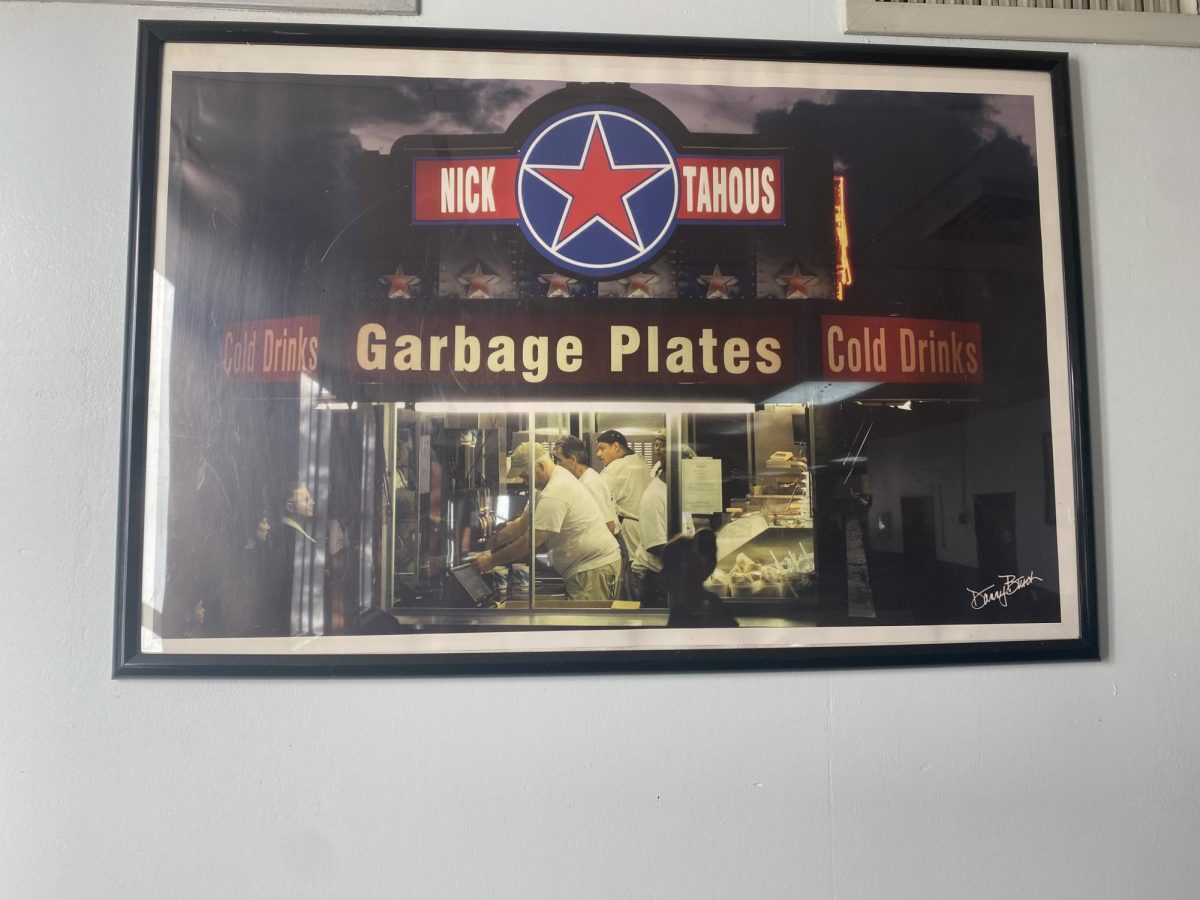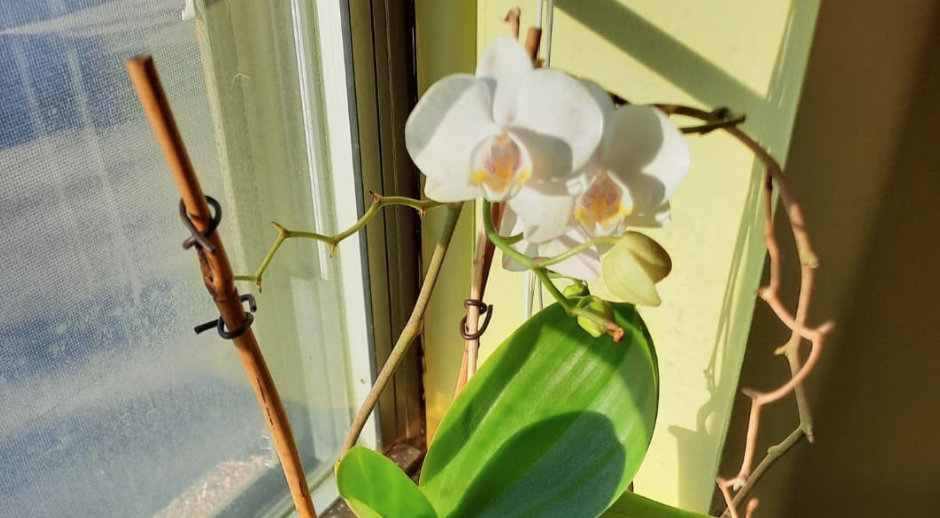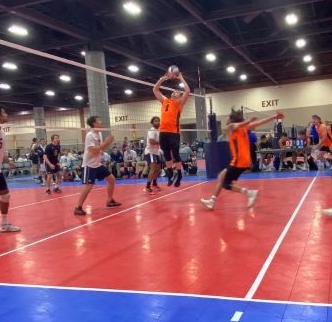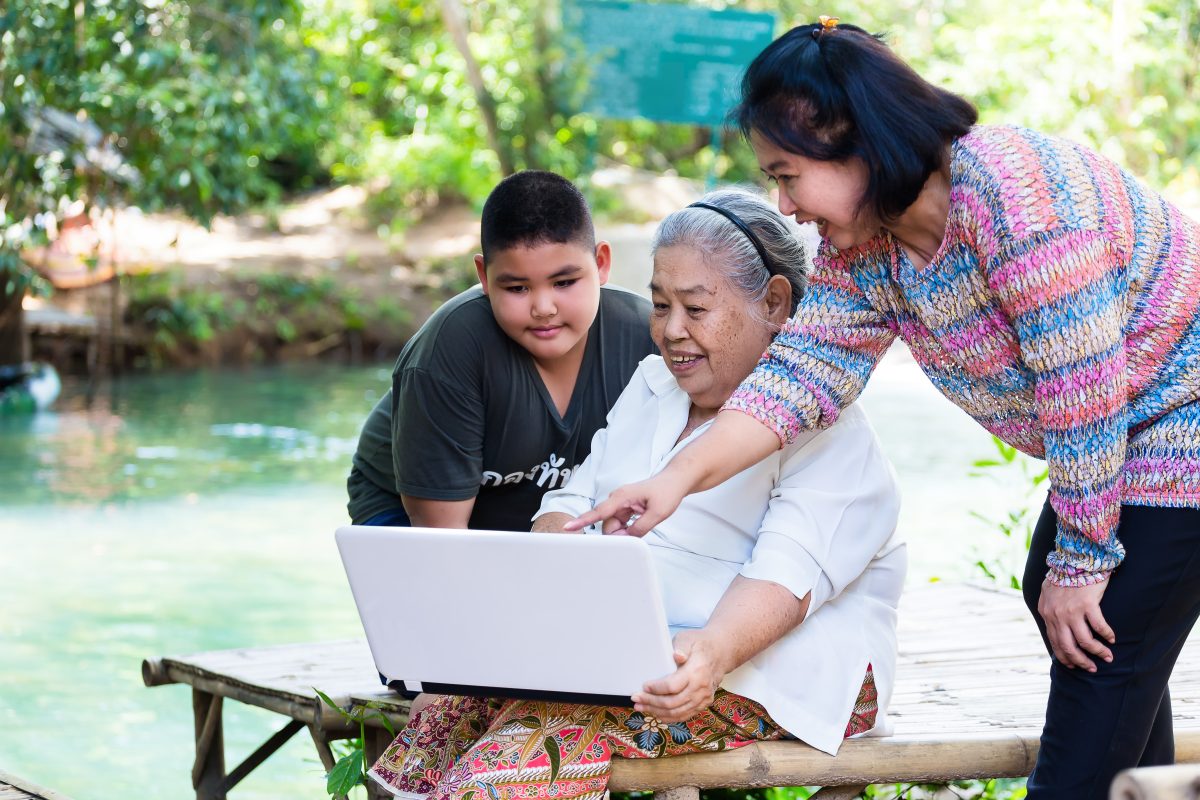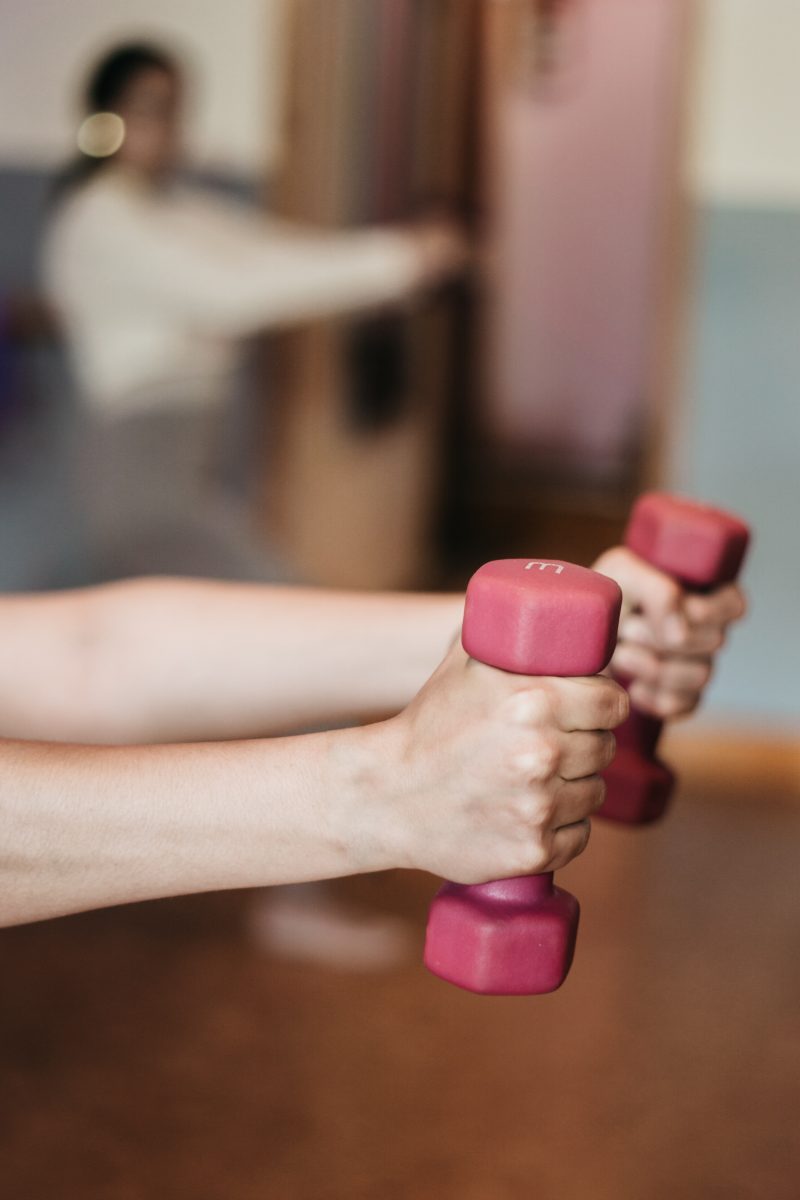Lona Sapoznikov has given over 45-years of her life to helping people, healing the sick and injured. During this time she has witnessed many remarkable changes in nursing and the medical industry, most for the better.
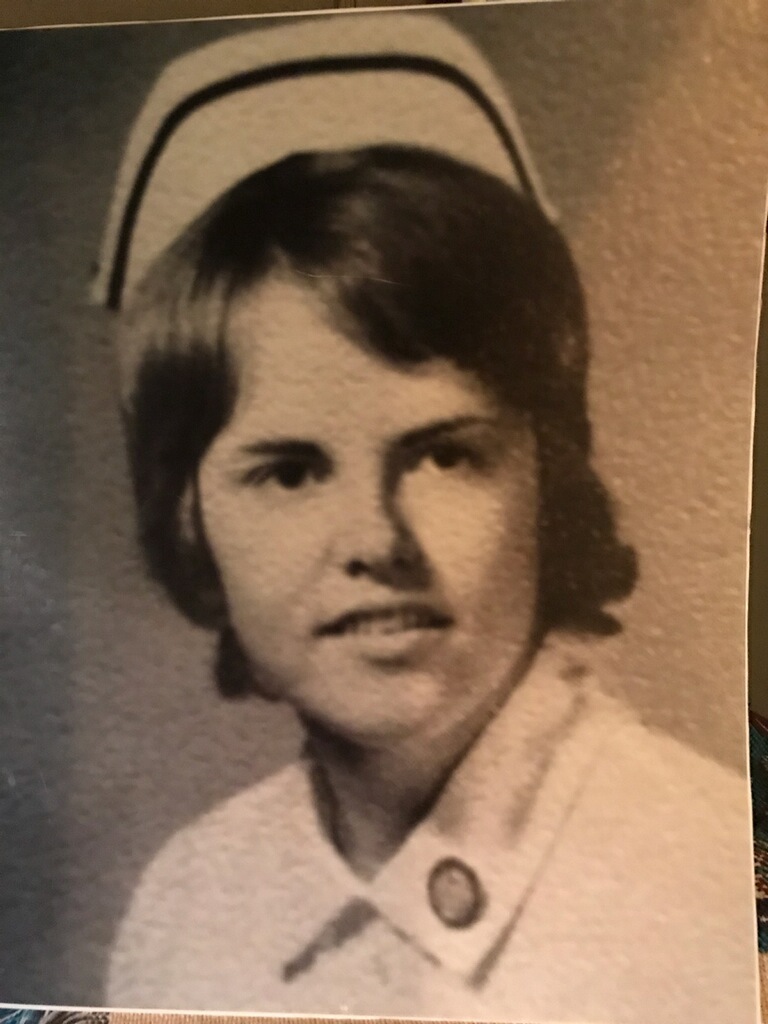
Sapoznikov began nursing in the late 1960’s out of a high school program at the age of 16. Back when a nurse’s uniform was all white cotton.
“I don’t know who’s bright idea it was for nurses to wear white,” Sapoznikov said. “We had to wash a large load of gowns once maybe twice every shift.”
Nowadays, hospitals are equipped with a full array of electronic tools and accessories. Sapoznikov remembers a time before all that when “you really had to get your hands dirty.”
“You had a bed that needed to be rolled up by hand and each patient had their own cup which we needed to measure out their medicines into, today medicine comes pre-measured to nurses from the pharmacy,” she said. “Back when we didn’t have pumps, I remember traveling with a patient in an ambulance to Buffalo, we were trying to keep this man’s blood pressure up, he’d had a bad heart attack, all I had was a bag of medicine and a little screw clamp, I had to calculate the number of drops per minute that I was giving this patient to keep the blood pressure up.”
We often take for granted the advancements in technology and medicine that save many lives today. Now, if you get to a hospital in time with something like a heart attack or a stroke, they can likely treat it, and a patient can walk away with minimal to no damage. Unfortunately, this wasn’t always the case.
“It was very sad back then, because you waited to see how much damage the patient was going to have to suffer, often it was loss of speech or movement in one side,” Sapoznikov said. “With heart attacks, we would give them a sedative and in later years something similar to aspirin, then you just waited until their pain was gone, the patient was left with whatever damage that was caused.”

Some things about nursing haven’t changed. Nurses still work around the clock to keep people healthy. It is still taxing work that requires more attention and responsibility than most people have in their own career.
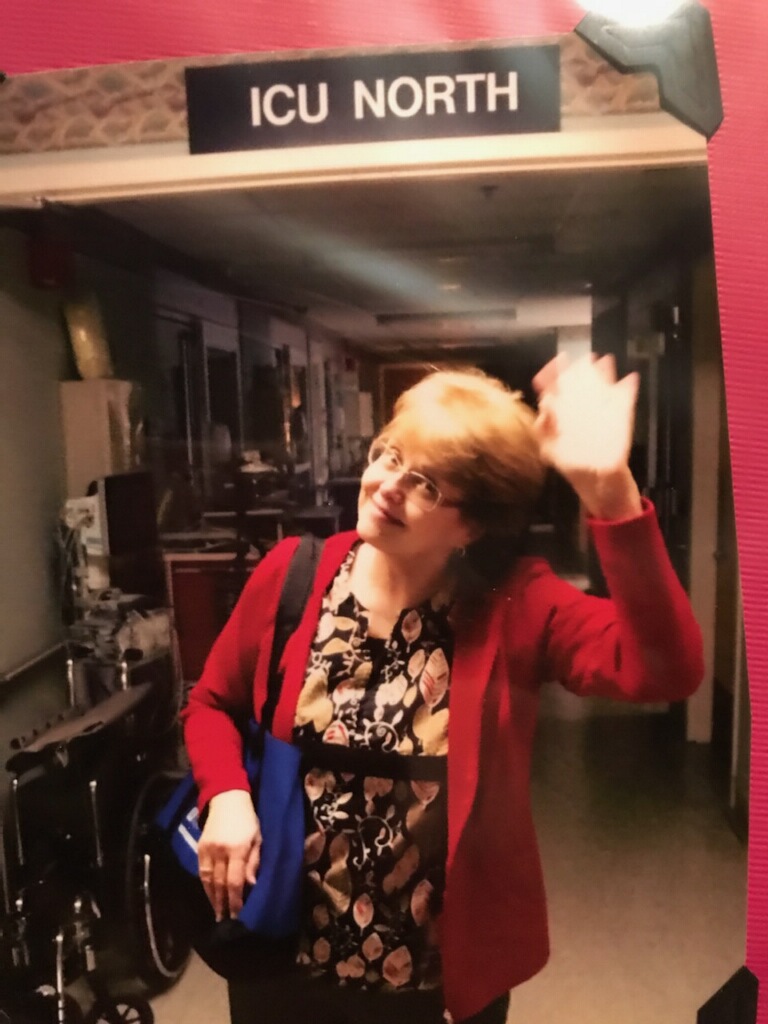
“It is extremely stressful to take care of one really sick person, much less two, and when you feel like you can’t do everything you need to do to take care of the patients, you also have the massive amounts of paperwork, recording everything that you did with the patient.”
Despite the respect many people have for nurses, and despite all their responsibilities nursing would seem to be a very underpaid profession.
“A friend of mine and myself once did a time study, we put a dollar amount and the time amount on everything that a nurse does,” said Sapoznikov. “It was so humorous because we came up with a salary of like, $200,000, and we were talking about in the 80s, so what does that tell you?”
Now more than ever nurses are critical to the wellbeing of the American people. They work an incredibly stressful and often times disgusting job where the stakes are a human life. Beyond that, they work this job tirelessly. With an ongoing pandemic there is little time for breaks, but there is always time for us to say thanks.











